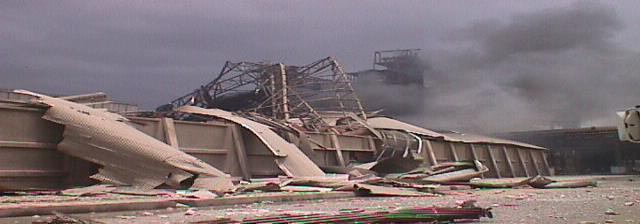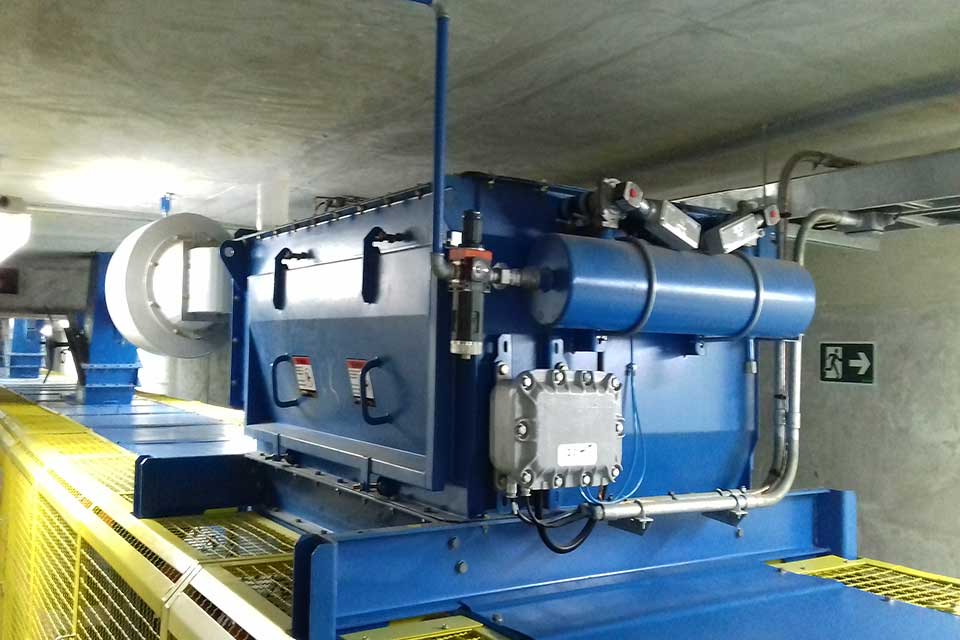How important is ventilation in confined spaces?
Ventilation in confined spaces consists of the directed handling of air in calculated quantities in order to improve the environment conditions. With this, the concentrations of gases, vapors and particles in suspension are controlled, in addition to the heat generated by the equipment and, in certain cases, the humidity of the air.
This process is essential for the well-being, efficiency and safety of the worker, renewing the air in the premises and minimizing the risk of fire and explosions.
When air renewal by natural means is not possible, mechanical renewal by fans is ideal, especially in elevator shafts, tunnels, bulk warehouses, control houses and places where sparks may be generated.
Dust accumulation, especially in solid bulk processing sites, deposited on floors, elevators, tunnels or conveyors, represents a major fire risk.
Particles in abundance when stirred and heated to the point of release of flue gases or even in suspension and in the presence of a powerful ignition source, may explode. This will cause subsequent vibrations by the shock wave, causing more deposited dust to go into suspension and more, even more devastating explosions to occur.
The result is irreversible damage to property, halts in the production process and worse, lives cut short or permanently incapable of work.

Warehouse rubble in Paranaguá the day after the explosion
Therefore, it is recommended, in addition to the installation of suction systems located directly at the sources of dust emission, to use systems with one or more exhaust fans removing the air to the outside of the environment, as shown in the figure below.

In this case, the recommended renewal systems are air exhaust systems. Thus, particles that are already accommodated in the most varied places, will no longer spread to the environment.
This process allows the pressure inside the room to be slightly negative in relation to the pressure outside, with the air circulating through the outside air openings to the interior and again to the outside of the premise.
This prevents the contaminated air from the environment from passing to neighboring rooms, but eventually allows the opposite to occur.
It is also recommended to check the possibility of air intake being carried out freely into the environment through existing doors, windows and openings. That is, in a natural way.
If there is no possibility of natural ventilation, circulation openings must always be installed on the wall opposite the exhaust, at the highest possible level in relation to the floor.
Intake openings in external walls must be provided, so that the air intake is carried out freely and it can be filtered, free from abnormal concentration of external contaminating agents.
In the case of openings, the impossibility of penetration of foreign bodies, insects, rain water and others must be guaranteed. More than one air intake opening may be required.



